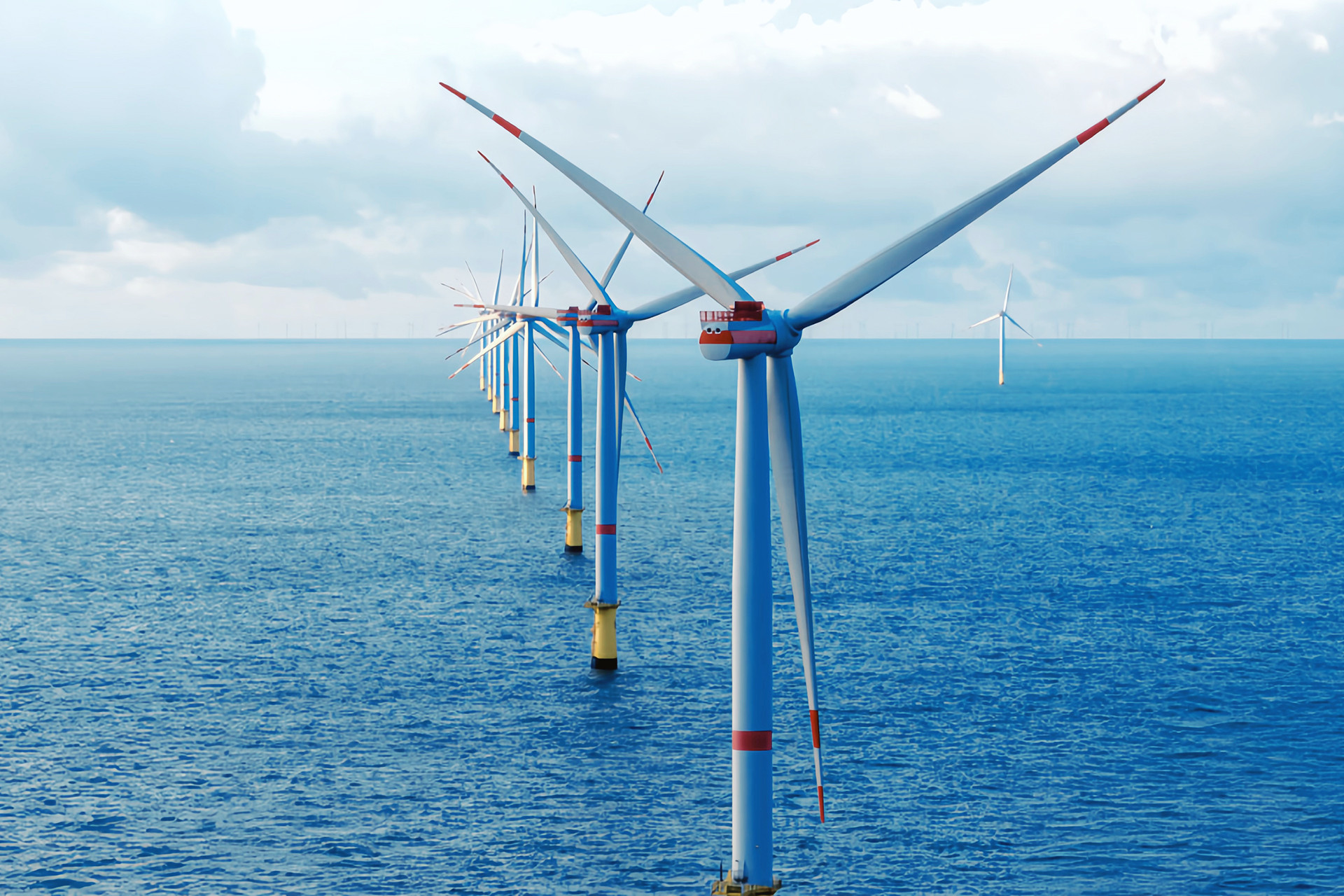
In a draft plan on developing offshore wind power on a trial basis, the Ministry of Industry and Trade (MOIT) stressed that there is still no price framework for offshore power plants.
MOIT cited an EVN report dated April 3, 2024 as showing that selling prices set by offshore wind power plants are relatively high, at 11-13 UScent/kwh, or VND2,700-3,200/kwh.
According to EVN, no investment has been made in offshore wind power, so investors’ requirements on output, power purchase agreements (PPA), foreign exchange and financial requirements are unclear.
Some problems may arise from requirements by donors or investors, such as adjustment of selling prices according to the dong/dollar exchange rate, ROE (return on equity); loan interest rates for offshore wind power projects; compensation for investors if laws change; and government guarantee for certain provisions in PPAs.
EVN is a state-owned enterprise which does business for profit in accordance with the law, with the responsibility of developing EVN’s capital as stipulated in Point C, Clause 4 Article 3 of Decree 26/2018 on regulations for EVN.
Therefore, MOIT believes that if the selling prices of offshore wind power projects are higher than EVN’s retail prices, which could cause losses, EVN will have the right to refuse to buy electricity from the projects.
A report from the DEA (Danish Energy Agency 2020) and NREL (the US National Renewable Energy Laboratory) says the LCOE (the levelized cost of electricity) would be about 11-15 UScents/kwh by 2030 and 8-13 UScents/kwh by 2050. The costs, according to experts, are suited to Vietnam’s conditions. In the future, the costs would be lower.
Turbines have a relatively high cost, and materials and equipment for wind power projects, such as transmission networks and safety and supervision systems as well as construction and installation costs, are expensive.
In order to reduce wind power costs, Vietnam needs to localize materials and equipment, and promote international cooperation with countries with experience in offshore wind power.
It is necessary to set up a legal framework that encourages expenditures on research and development, wind power project management, and operation capability.
Luong Bang